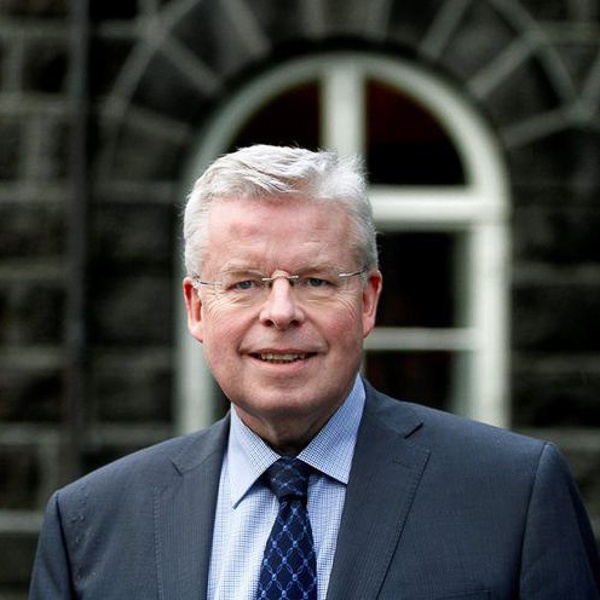A tale of conflict and collaboration in aquaculture
As Iceland moves to bring wild fishers and fish farmers together, a conflict looms between the two sides in America.
By Fabian Dawson
SeaWestNews
Iceland’s fish farmers have joined forces with the country’s deep sea fishers to address threats to the health of its oceans and strengthen the economic prosperity of Icelanders.
The Icelandic Federation of Fish Farming will now be part of the Confederation of Icelandic Fishing Companies (SFS), which has traditionally represented the interests of deep sea trawler companies and associated fish processing businesses.
The move thaws a frosty relationship between Iceland’s commercial fishers and fish farmers and sets an example where the two industries, at logger heads in the United States, can work together.
The interests of the aquaculture sector, which has grown considerably in recent years, would be better served by coming together, said Icelandic Federation of Fish Farming chairman, Einar K. Guðfinnsson (pictured).
“There have been considerable developments in aquaculture in recent years and the projects that need to be solved have become more extensive and perhaps in some ways more complicated,” he said.
“Laxeldi (salmon farming) has the means to become a core industry in Iceland in the same way as the fishing industry has been for a long time, and thus remains the sole pillar of the economic prosperity of Icelanders. We will work on that,” he said.
In America, the story is quite different.
A group representing about 100 American fishers has recently written to the US Congress opposing the expansion of aquaculture facilities in federal waters.
They are opposed to the AQUAA bill, which was introduced in Congress last year.
The Bill seeks to establish an Office of Marine Aquaculture within the US National Oceanic and Atmospheric Administration (NOAA) National Marine Fisheries Service to streamline aquaculture facilities permits, as well as help fund research and extension services for several existing aquaculture priorities.
“The presence of finfish aquaculture in marine ecosystems poses significant challenges to the domestic wild capture fisheries,” the letter said, adding that marine finfish aquaculture challenges the economic viability of commercial fishing.
“American commercial fishing and marine finfish aquaculture cannot coexist,” the letter concludes.
Jeanne McKnight, interim executive director of the Northwest Aquaculture Alliance (NWAA) based in Washington, said it is time for America to take a stand to support the idea of cooperation and collaborative efforts to foster both a healthy, prosperous wild harvest and successful sea farming.
“Our members sympathize with U.S. commercial fishermen who have seen stocks dwindle because of loss of fish habitat, ocean acidification, climate change, industrial pollution, illegal fishing by rogue nations, and competition from the recreational fishing sector,” she said.
“We share their concerns that, despite conservation efforts, ocean water quality is changing and that soon there may not be enough fish in the sea to support a strong commercial sector.
“Such devastating events, however, have nothing to do with aquaculture, and we need to advocate working together to find solutions that affect us all.
“Bottom line: We care about the ocean because our livelihood, like the commercial sector, depends on it,” said McKnight, who worked in the commercial fishing sector in Washington, Oregon, California and Alaska.
“Creating unity to address common challenges is not just a good way to proceed…it makes the best sense in the long run.”
RELATED STORIES
Opening up minds about aquaculture in 2019
